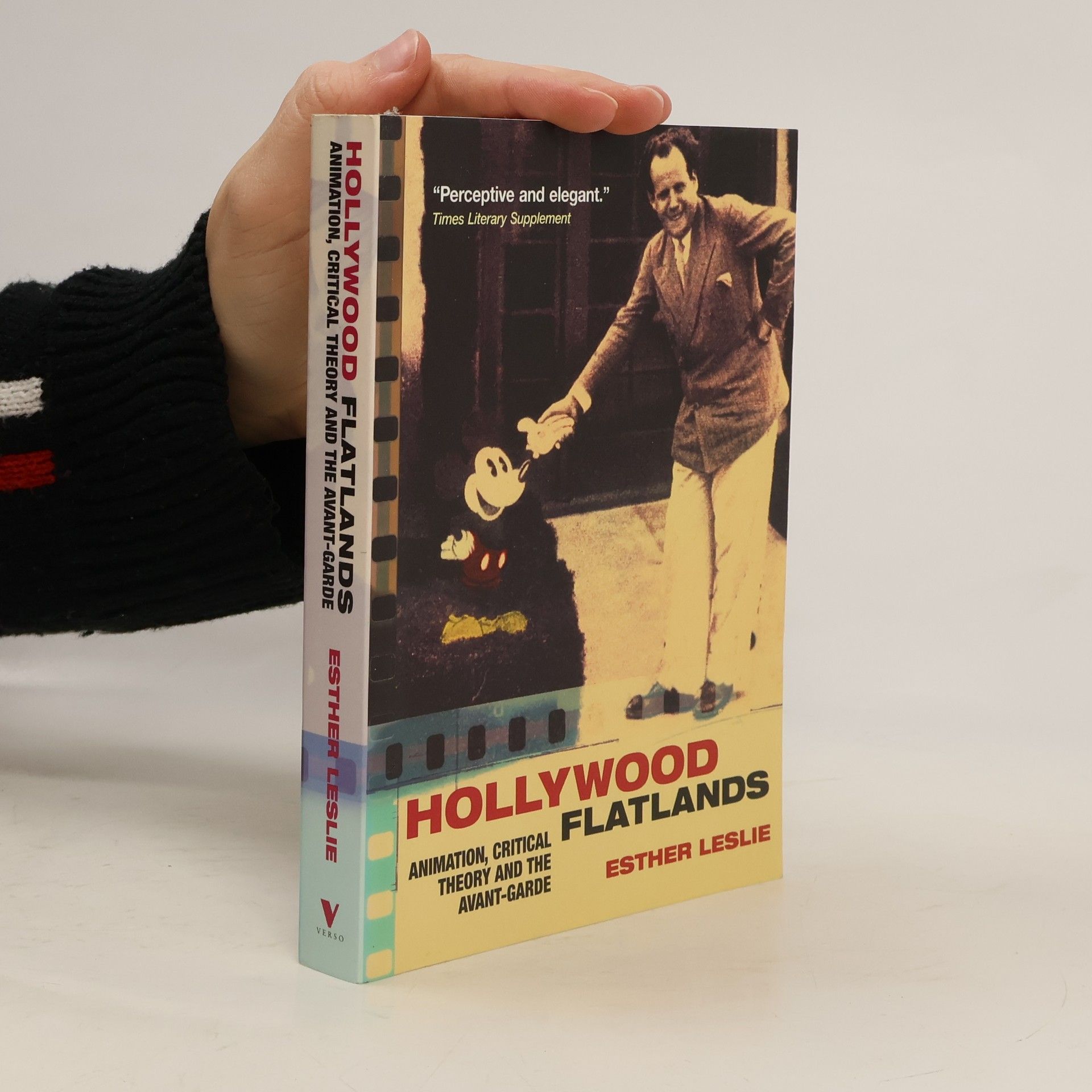Nach dem Animismus
- 256 Seiten
- 9 Lesestunden
'Animismus' bezeichnet Praktiken und Ontologien, die die Natur und Objekte nicht objektiv, sondern subjektiv wahrnehmen und behandeln. Edward B. Tylor, der den Begriff prägte, sah Animisten als unfähig an, zwischen belebter und unbelebter Materie zu unterscheiden, was zu kolonialistischen Überlegenheitsvorstellungen führte. Der Begriff bezieht sich nicht auf eine Wiederbelebung, sondern auf eine notwendige Revision, die durch ethnologische Beiträge verdeutlicht wird, darunter ein Text des brasilianischen Ethnologen Eduardo Viveiros de Castro, der eine Welt mit vielfältigen subjektiven Positionen entwirft. Animismus wird als relationale Epistemologie oder Ontologie verstanden, die die Differenz von Natur und Kultur provoziert und nicht-menschlichen Akteuren Handlungsmacht verleiht. Paulo Tavares diskutiert, wie die Natur zum Rechtssubjekt werden kann, während das 'animistische Imaginäre' innerhalb der westlichen Moderne thematisiert wird. Bruno Latour hinterfragt, wie die Moderne Materie für tot erklärt und gleichzeitig den Animismus zum Schweigen bringt. Die Beiträge des Bandes nutzen das Animismus-Konzept als analytisches Werkzeug, um ethnographische Perspektiven auf Wissenschaft, Wirtschaft, Kunst und Philosophie zu reflektieren. Der Band versammelt wissenschaftliche und künstlerische Beiträge aus der Konferenz und Ausstellung 'Animismus' im Haus der Kulturen der Welt.




